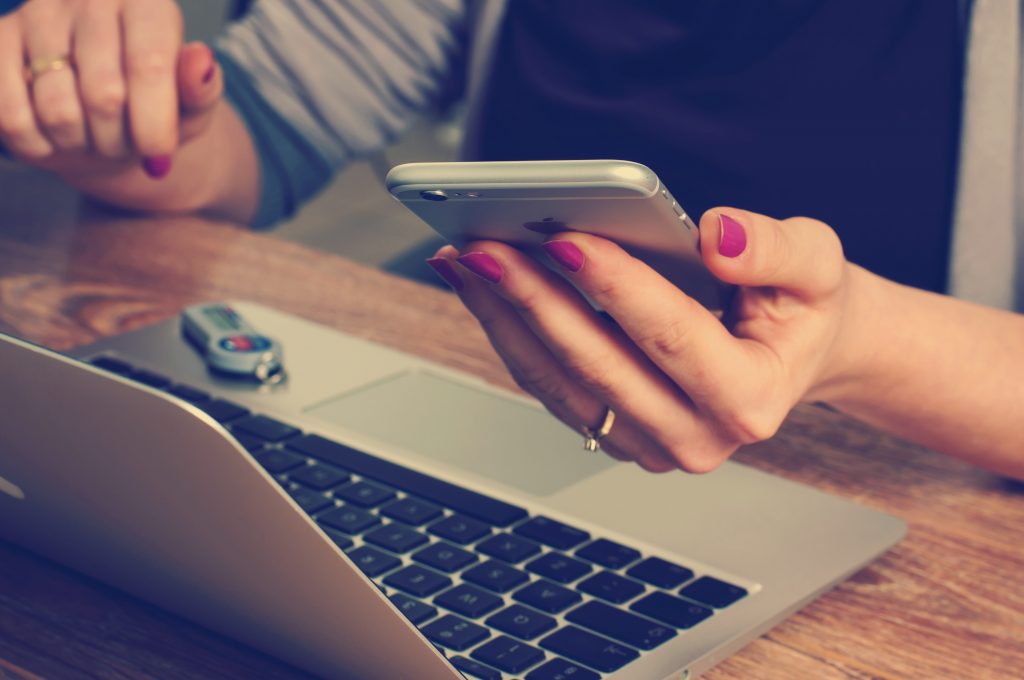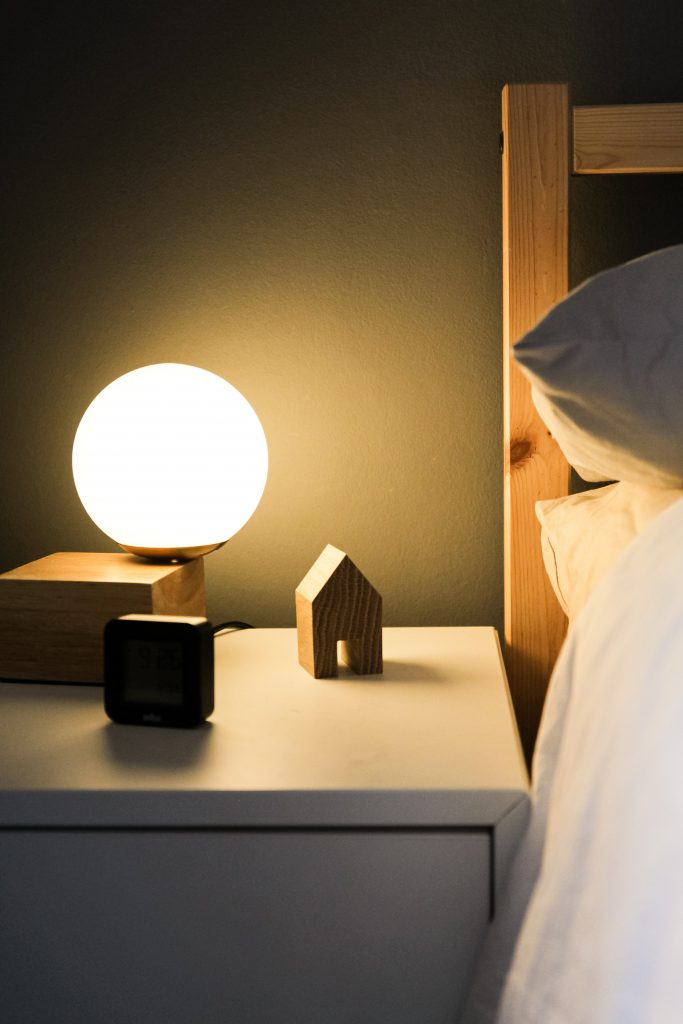Want to excel in life? Go to sleep
Yesterday someone asked me, “What are you doing more of lately to be more effective?” … Initially, I wanted to share that I have tried to be more organized and stick to my to-do list or that I have reorganized my filing system. Still, what I ended up sharing was my desire to get better sleep and prioritize sleep hygiene. It is so extremely hard to do this when we live in a society in which we may feel pressure to “be a winner”, “get things done” and “there is no time to sleep”.
Unlike my partner, I am a night owl and love the quietness and solidarity of the night where I can sneak away into my office and have complete uninterrupted time to be super productive. These evenings often end up creeping into my bedtime and before I know it, its 11:45pm! The reinforcer is being able to check off my to-do list and the sense of accomplishment. At the same time, after a productive late night I notice that sometimes I have a hard time falling asleep. I find myself up worrying about things I may need to go back to and edit (on the work I just completed!) or continuing to add items on to-do list. Unfortunately, my body also experiences consequences as a result. As they say, “no pain, no gain”. After a long night working spree, I find myself showing up the next day feeling less energetic and a need for an extra cup of coffee.

If you relate, I think it is important to become educated or remind ourselves about what the lack of sleep may be doing to our bodies. Research shows that related to lack of sleep, our attention can be altered in that there are lapses in which we fail to pay attention (Lim & Dinges, 2010), and we may experience a more difficult time making decisions (Killgore, Balkin, & Wesensten, 2006). We may also experience delayed cognitive performance and effects on mood (Ferrara & De Gennaro, 2001). Interestingly, we do see differences when we take a closer look and consider diversity variables such as gender and age. For example, on average, men appear to sleep less than women and sleep duration appears to decline with age (Jonasdottir, Minor, & Lehmann, 2021). Regardless of these differences, the literature is strong in the negative outcomes associated with chronic sleep deprivation (Jonasdottir, Minor, & Lehmann, 2021; Pourmotabbed et al., 2020; Short, Booth, Omar,Ostlundh, & Arora, 2020).
So, now what do we do with all of this? Are there any do-able interventions besides forcing yourself to try to get to bed at an earlier time? There is hope friends! A recent meta-analysis found that cognitive behavior therapy for insomnia (CBT-I) has shown positive outcomes in addressing unhelpful and worry thoughts that may be the culprit to keeping some of us up at night. The study found that CBT-I targets repetitive negative thinking (RNT) which are unhelpful thoughts such as, “this is horrible, I am never going to catch up on work, and now I can’t even fall asleep” (Ballesio et al., 2021). The study notes that rumination and thoughts about not being able to fall asleep are often associated with insomnia.
Research related to accessible telephone app interventions of CBT-I is fairly new and growing. The good news is that there are phone apps within our reach and that they may help us help ourselves! To learn more about some of them, check out a short story on National Public Radio https://www.npr.org/sections/health-shots/2018/10/08/654883409/some-apps-may-help-curb-insomnia-others-just-put-you-to-sleep. The question now is…are we willing to put our work away and instead explore interventions such as CBT-I and prioritize our sleep health?

References
Ballesio, A., Bacaro, V., Vacca, M., Chirico, A., Lucidi, F., Riemann, D., … & Lombardo, C.
(2020). Does cognitive behaviour therapy for insomnia reduce repetitive negative thinking and sleep-related worry beliefs? A systematic review and meta-analysis. Sleep Medicine Reviews, 101378.
Ferrara, M., & De Gennaro, L. (2001). How much sleep do we need?. Sleep medicine
reviews, 5(2), 155-179.
Jonasdottir, S. S., Minor, K., & Lehmann, S. (2021). Gender differences in nighttime sleep
patterns and variability across the adult lifespan: a global-scale wearables study. Sleep, 44(2), zsaa169.
Killgore, W. D. S., Balkin, T. J., & Wesensten, N. J. (2006). Impaired decision making following
49 h of sleep deprivation. Journal of Sleep Research, 15, 7–13. http://dx.doi.org/10.1111/j.1365-2869.2006 .00487.x
Lim, J., & Dinges, D. F. (2010). A meta-analysis of the impact of short-term sleep deprivation on
cognitive variables. Psychological bulletin, 136(3), 375.
National Public Radio (2018, October 8). Some Apps May Help Curb Insomnia, Others Just Put
You To Sleep. https://www.npr.org/sections/health-shots/2018/10/08/654883409/some-apps-may-help-curb-insomnia-others-just-put-you-to-sleep.
Pourmotabbed, A., Boozari, B., Babaei, A., Asbaghi, O., Campbell, M. S., Mohammadi, H., … &
Moradi, S. (2020). Sleep and frailty risk: a systematic review and meta-analysis. Sleep and Breathing, 1-11.
Short, M. A., Booth, S. A., Omar, O., Ostlundh, L., & Arora, T. (2020). The relationship
between sleep duration and mood in adolescents: a systematic review and meta-analysis. Sleep medicine reviews, 52, 101311.

2 Comments
Hi Dr. Gaona,
Coming from a sleep deprived fourth year undergrad student that is often kept up by the seemingly dooming thoughts of never having enough time in the day to accomplish everything while also being a night-owl, I found your blog insightful. While we know and are aware of the importance of sleep, it can still be difficult to sleep when faced with the thoughts about not being able to fall asleep. I definitely feel the strain of this lack of sleep and can see it in the different areas of my life even. After a long, strenuous day awaiting to get in bed and sleep, I find my mind wandering and keeping me awake when I get into bed and try falling asleep. I will say, I am interested in looking more into CBT-I and the other interventions that may arise from these findings.
Thanks for sharing these comments, Giana!